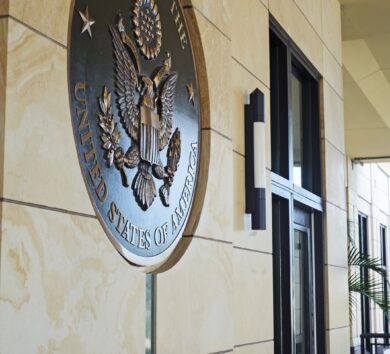

Hearing, the process by which sounds are perceived through the ears or auditory canal, is an important part of human communication.
Has someone ever tried to communicate with you in an extremely loud room that makes it hard for you to hear? Yes, it can be frustrating to have to constantly ask the person to repeat, however, this is just the same or even worse for persons who are affected by hearing loss.
Hearing loss occurs when a part of the ear or auditory system is not functioning at its optimal best. This can be caused by loud noise, ageing or genetic variations.
Each year, the World Health Organization (WHO) commemorates World Hearing Day on March 3 to bring awareness to the importance of integrating ear and hearing care within primary care, as an essential component of universal health coverage.

According to the WHO, more than 1.5 billion people globally live with hearing loss. This number is estimated to increase to 2.5 billion by 2050.
Close to 200,000 people in Jamaica suffer from hearing loss, which is expected to increase if actions are not taken to reverse the rapid increase. Children and the elderly account for the majority of persons living with hearing loss in Jamaica.
Hearing loss can have economic impacts on nations globally. The WHO projects that hearing loss costs the global economy by US$980 billion annually due to health sector costs (excluding the cost of hearing devices), costs of educational support, loss of productivity and societal costs.

Similar to economic impacts, hearing loss can have social impacts on individuals who may become withdrawn from social interaction due to a challenge in communicating with others.
Studies have shown that children with hearing loss may also become withdrawn during school due to challenges in communication.
Tips for protecting your hearing
- Turn down the volume on electronic devices
- Practice routine ear screening
- Avoid loud noise
- Use ear protection devices
- Prevent prolonged exposure to loud noise
- Avoid smoking tobacco-based products







Comments